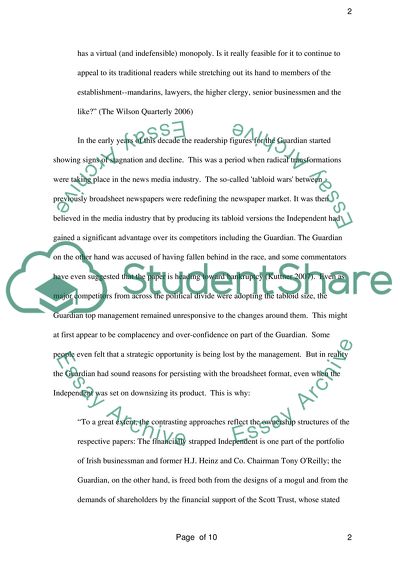Cite this document
(Is Britain Ready for the Berliner Research Paper, n.d.)
Is Britain Ready for the Berliner Research Paper. Retrieved from https://studentshare.org/media/1726993-mba
Is Britain Ready for the Berliner Research Paper. Retrieved from https://studentshare.org/media/1726993-mba
(Is Britain Ready for the Berliner Research Paper)
Is Britain Ready for the Berliner Research Paper. https://studentshare.org/media/1726993-mba.
Is Britain Ready for the Berliner Research Paper. https://studentshare.org/media/1726993-mba.
“Is Britain Ready for the Berliner Research Paper”, n.d. https://studentshare.org/media/1726993-mba.


